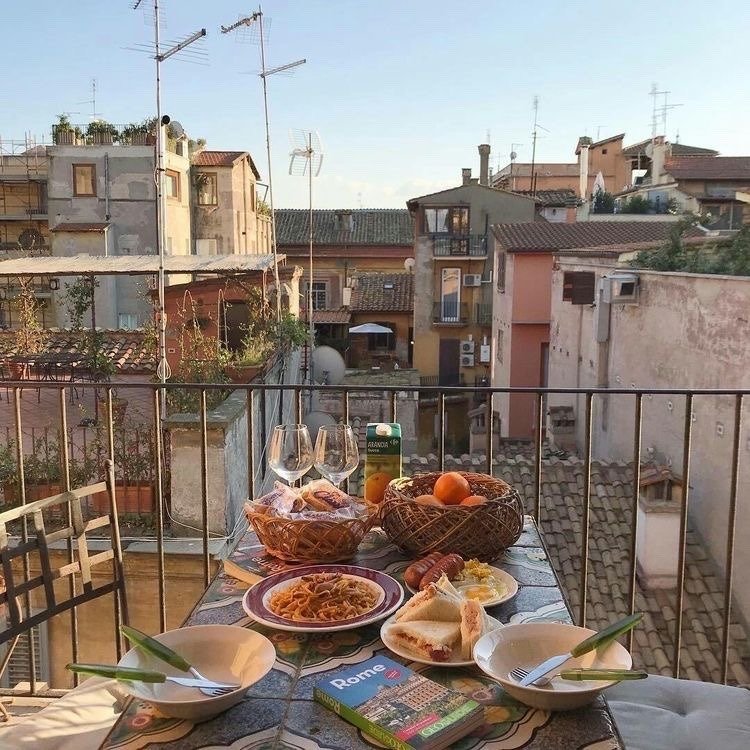Work To Live or Live to Work?
Goal-fueled work and determination to reach a level of prosperity and social status are what we know as the “American Dream”. When we think about the American Dream, we picture white picket fences and a stable job. Vacation and leisure are confined strictly to the hours beyond the workday due to our jobs occupying the central position in our lives. We are relentless in our pursuit of success, striving to climb the social and economic ladder through our professional journey. Yet, this upward journey appears unending. There is always someone with a more luxurious house, a fancier car, or a higher salary. What begins as a standard 9 to 5 quickly transforms into a 7 to 6 commitment, and days meld into a continuous cycle.
A phase of neglect begins where the work-to-life balance shifts, free time becomes limited, and activities outside of work occur less often. The intense drive to achieve the American Dream has created a culture of workaholism, where individuals prioritize work over personal well-being and relationships. This transition often goes unnoticed as it aligns with the societal norm. In a culture where fulfillment is commonly associated with career achievements, a fast-paced lifestyle, and the pursuit of materialistic gains, America has unmistakably embraced the lifestyle of prioritizing work over other aspects of life, perpetuating the "live to work" mindset. There’s a reason the concept is called the “American Dream” and not the “European Dream.”
With a more normalized “work to live” mindset, many European countries have shifted focus on experiences rather than materialistic gains or an advanced work title. Europeans tend to live a slow-paced daily life where the mundane moments are romanticized and people value planning their next trip rather instead of focusing on career excellence. European cultures place a high value on leisure and recreation. Where recreation and health are top priorities, Europeans naturally contribute to a more holistic sense of fulfillment. Contributing to this relaxed lifestyle is the vibrant café culture, where relaxed dining is encouraged, and service is slow to ensure taking in one’s surroundings and enjoying the moment. Additionally, the popularity of outdoor activities such as simply strolling through parks or hiking contributes to a lifestyle that values appreciating the little things. With this slower-paced lifestyle, comes a different mindset where people naturally accept that life moves more slowly, and they don’t expect instant results.
Ideally, finding a work/life balance that allows for the achievement of career goals as well as promoting healthy relationships and investing in activities you enjoy. As everyone has different views and personal lives, confining to one mindset would be impossible. Finding beauty in a routine and appreciating the simplicity of everyday experiences can contribute to overall well-being and mental resilience. While goals are fuel for fulfillment, it’s important to stop and smell the flowers of life that will pass you by. It is the delicate combination of embracing the mundane and reaching for meaningful goals that cultivate a well-rounded and gratifying life.
Strike Out,
Writer: Bella Ferretti
Editor: Cristina Angee
Tallahassee


